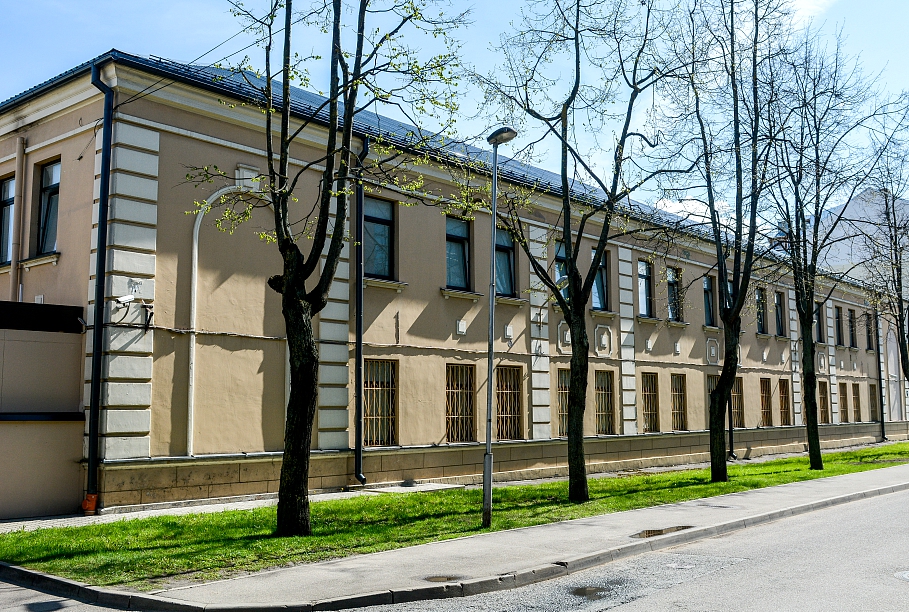Journalist, Agnese Margevica, is a common sight in the corridors of power, never afraid to ask awkward questions and make herself a nuisance in the best journalistic traditions.
Earlier this week she published a hard-hitting blog post in which she raised concerns that several members of the Security Police were not only living a lifestyle of fast cars and luxury that seemed out of keeping with their relatively modest pay packets but also that they had financial ties to wealthy Russian businessmen.
The role of the security police, and the impunity with which they sometimes seem to act has come under increasing scrutiny after several high-profile officials including head of the State Chancellery Elita Dreimane were denied high-level security clearance, effectively making their jobs untenable.
The Security Police - which technically operates under the Interior Ministry - is responsible for issuing or refusing such clearance but has no obligation to make the reasons for its decision known except in the vaguest terms.
Margevica's concerns center on two employees in particular: Andris Čevers (son of a former Interior Minister) and Ivo Lagzdins, a former tennis pro who is the son of a former board member of Parex Bank, the collapse of which dragged the entire country to the edge of bankruptcy.
The journalist sketches a picture of "gilded youth" in which the scions of wealthy families are given privileged positions which they exploit to the full and business links to Russia worth "tens of millions of euros" which raise obvious conflict of interest questions for a security service tasked with countering the spread of Kremlin influence in Latvia.
On Friday the Security Police responded to the claims in a terse statement saying: "This publication expresses assumptions based on interpretation, not on specific facts about the fitness of Security Police officers for duty."
The statement added that the publicity given to the two officers was unhelpful and made it "difficult to exercise their duties in the field of national security."
Parliamentary speaker Inara Murniece said the specific allegations in Margevica's article needed specific responses, not just a blanket denial.
"The article mentions certain facts and the Security Police should comment on whether those facts are correct," Murniece told Latvian Radio.
Other officials including Interior Minister Rihards Kozlovskis were unavailable for comment.





























